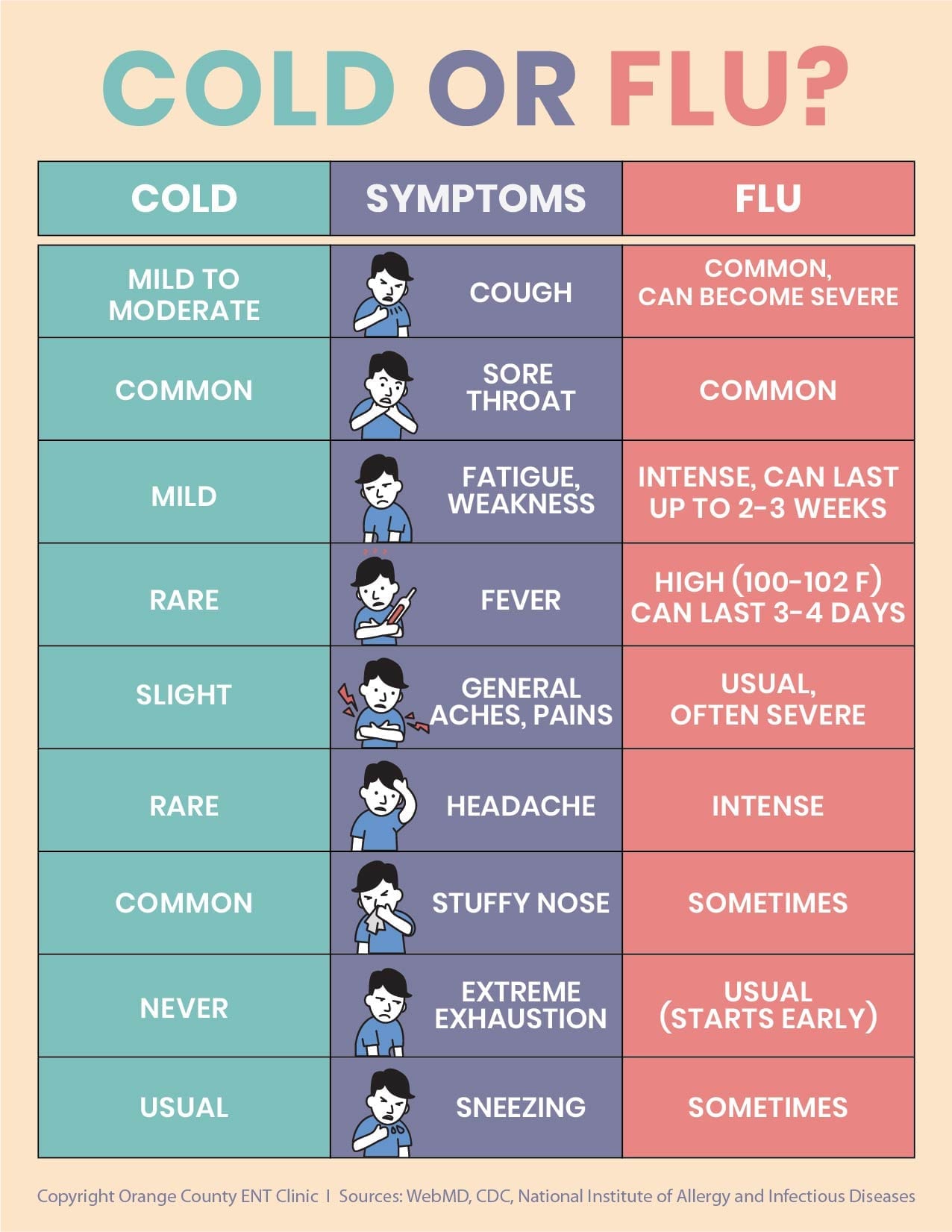Flu A: Early Onset, Severe Symptoms, And Treatment Options
Flu A: Early Onset, Severe Symptoms, And Treatment Options
Editor's Notes: Flu A: Early Onset, Severe Symptoms, And Treatment Options have published today date, July 18th, 2023. Flu A is a serious illness that can cause severe symptoms and even death. This guide will provide information on the early onset, severe symptoms, and treatment options for Flu A.
We understand the importance of staying informed about the latest health concerns, and we are committed to providing our readers with the most up-to-date information. We have done our due diligence by analyzing and digging through various sources to compile this comprehensive guide on Flu A: Early Onset, Severe Symptoms, And Treatment Options.
We hope that this guide will help you make the right decisions regarding your health and the health of your loved ones.

Sanai Spotlights Meningioma Symptoms, Treatment Options, and Research Needs - Source www.onclive.com
FAQ
Early-onset, severe influenza A infections pose a serious threat, necessitating timely diagnosis and appropriate treatment. This FAQ section aims to clarify common concerns and misconceptions.

Swollen Thyroid Gland in Neck Causes Symptoms and Treatment Options - Source www.freepik.com
Question 1: What are the early signs of severe influenza A?
Rapid onset of high fever, persistent cough, shortness of breath, muscle pain, vomiting, and diarrhea may indicate severe infection.
Question 2: Who is most at risk of severe influenza A?
Individuals with weakened immune systems, chronic respiratory conditions, heart disease, and pregnant women are at a higher risk of severe outcomes.
Question 3: What treatment options are available for severe influenza A?
Antiviral medications, such as oseltamivir or zanamivir, are prescribed to inhibit virus replication and reduce symptoms.
Question 4: How can transmission of influenza A be prevented?
Frequent hand washing, covering coughs and sneezes, avoiding crowded areas, and receiving an annual influenza vaccine can minimize the spread of the virus.
Question 5: When should you seek medical attention for influenza A?
Severe symptoms, such as shortness of breath, confusion, or a significant drop in blood pressure, warrant immediate medical care.
Question 6: Is it possible to develop complications from influenza A?
Complications can include pneumonia, bronchitis, sepsis, and encephalitis, which may require intensive medical interventions or result in life-threatening consequences.
Remember, early detection and prompt treatment play a crucial role in reducing the severity and complications of influenza A infection.
Continued in the next section:
Tips
Influenza A, commonly known as flu A, is a highly contagious respiratory illness that can cause severe symptoms, especially in young children, the elderly, and those with underlying health conditions. Early recognition and prompt treatment are crucial to prevent complications and improve outcomes. This article provides comprehensive information on flu A, including its early onset, severe symptoms, and treatment options. Flu A: Early Onset, Severe Symptoms, And Treatment Options
Tip 1: Recognize Early Onset Symptoms
Flu A typically has a sudden onset with symptoms appearing within 1-4 days of exposure. Signs to watch out for include fever, chills, headache, muscle aches, fatigue, and respiratory symptoms such as runny nose, sore throat, cough, and shortness of breath. These symptoms can be severe and may mimic other conditions, making early diagnosis and treatment essential.
Tip 2: Seek Immediate Medical Attention for Severe Symptoms
Some individuals experience more severe symptoms of flu A that require immediate medical attention. These include difficulty breathing, chest pain, confusion, dehydration, and seizures. Pregnant women, people with chronic health conditions, and children under the age of 5 are particularly vulnerable to severe complications and should seek medical care promptly if they develop any of these symptoms.
Tip 3: Practice Preventive Measures
Vaccination is the most effective way to prevent flu A infection and severe complications. It is recommended annually for all individuals over 6 months of age. Other preventive measures include regular handwashing, covering coughs and sneezes, and avoiding close contact with infected individuals.
Tip 4: Utilize Antiviral Medications
Antiviral medications can be used to treat flu A and shorten the duration and severity of symptoms. They are most effective when started within the first 48 hours of symptom onset. Common antiviral medications include oseltamivir and zanamivir.
Tip 5: Rest and Hydration
Getting adequate rest and staying hydrated are essential for recovery from flu A. Rest allows the immune system to fight the infection, while fluids help prevent dehydration and support overall well-being. Consuming plenty of fluids such as water, broth, or electrolyte solutions is recommended.
Tip 6: Avoid Alcohol and Smoking
Alcohol and smoking can worsen flu A symptoms and interfere with recovery. Alcohol dehydrates the body and suppresses the immune system, while smoking irritates the respiratory tract and can lead to complications.
Tip 7: Consult a Healthcare Professional
If symptoms persist, worsen, or do not respond to home remedies, it is important to consult a healthcare professional promptly. They can provide appropriate diagnosis, treatment, and guidance to ensure a speedy recovery.
Early recognition of flu A symptoms, prompt treatment, and adherence to preventive measures are crucial to manage the illness effectively and prevent serious complications. Vaccination remains the cornerstone of flu A prevention, and antiviral medications can provide additional protection and reduce disease severity. Consulting a healthcare professional for appropriate diagnosis and guidance is essential throughout the course of the illness to ensure optimal outcomes.
Flu A: Early Onset, Severe Symptoms, And Treatment Options
Influenza A (Flu A) is a highly contagious respiratory illness that can cause severe complications, especially in high-risk groups. Understanding its early onset, severe symptoms, and available treatment options is crucial for effective management.
- Early Onset: Flu A symptoms can develop abruptly, often within 1-4 days of exposure.
- Fever: High fever (over 101°F) is a common symptom of Flu A, accompanied by chills and muscle aches.
- Cough: A persistent, dry cough is a hallmark symptom of Flu A, sometimes leading to chest pain.
- Sore Throat: Flu A can cause a scratchy or painful throat, making swallowing difficult.
- Headache: Intense headaches are a common symptom, along with fatigue and weakness.
- Treatment Options: Early antiviral treatment with medications like Tamiflu or Xofluza can reduce symptoms and complications. Rest, fluids, and over-the-counter medications can also provide relief.
It's crucial to consult a healthcare professional for proper diagnosis and treatment recommendations. Staying home when sick, maintaining good hygiene, and getting vaccinated can help prevent the spread of Flu A and protect vulnerable populations.

Flu Symptoms May 2024 - Source quizztarifuzbh.z14.web.core.windows.net

SOLUTION: Everything you should know about symptoms treatment options - Source www.studypool.com
Flu A: Early Onset, Severe Symptoms, And Treatment Options
Influenza A (Flu A) is a respiratory illness that can cause severe symptoms, especially in young children and the elderly. The virus is spread through droplets in the air when an infected person coughs or sneezes. Symptoms of Flu A typically appear 1-4 days after exposure to the virus and can include fever, chills, headache, muscle aches, fatigue, and sore throat. In some cases, Flu A can lead to complications such as pneumonia, bronchitis, or sinusitis. Early diagnosis and treatment are essential to prevent serious complications. There are several antiviral medications available to treat Flu A, and these medications are most effective when started within 48 hours of symptom onset. Vaccination is the best way to prevent Flu A, and it is recommended that everyone 6 months of age and older get vaccinated annually.

Understanding Tooth Malformation: Causes, Symptoms, & Treatment Options - Source blog.texasoralsurgery.com
The early onset of Flu A symptoms can make it difficult to diagnose, as they are similar to those of other respiratory illnesses. However, severe symptoms such as high fever, chills, and muscle aches can be indicative of Flu A. If you experience these symptoms, it is important to see a doctor as soon as possible to get tested and treated. Treatment for Flu A typically includes rest, fluids, and over-the-counter medications to relieve symptoms. In some cases, antiviral medications may be prescribed to shorten the duration of the illness and prevent complications.
Flu A is a serious illness that can have significant health consequences. Early diagnosis and treatment are essential to prevent serious complications. Vaccination is the best way to prevent Flu A, and it is recommended that everyone 6 months of age and older get vaccinated annually.
Table: Key Points
| Key Point | Description |
|---|---|
| Flu A is a serious illness that can cause severe symptoms. | Symptoms of Flu A typically appear 1-4 days after exposure to the virus and can include fever, chills, headache, muscle aches, fatigue, and sore throat. |
| Early diagnosis and treatment are essential to prevent serious complications. | There are several antiviral medications available to treat Flu A, and these medications are most effective when started within 48 hours of symptom onset. |
| Vaccination is the best way to prevent Flu A. | It is recommended that everyone 6 months of age and older get vaccinated annually. |
Conclusion
Flu A is a serious illness that can have significant health consequences. Early diagnosis and treatment are essential to prevent serious complications. Vaccination is the best way to prevent Flu A, and it is recommended that everyone 6 months of age and older get vaccinated annually.
By understanding the early onset, severe symptoms, and treatment options for Flu A, individuals can take steps to protect themselves and their loved ones from this illness.
Shredding To Gold: Red Gerard's Olympic Snowboarding Triumph, Oba Femi: The Renowned Monarch And Custodian Of Yoruba Traditions, Adam Scott: Australian Golfing Legend And Masters Champion, Alan Alda: Emmy Award-Winning Actor, Author, And Activist, Ryan English: Exploring The World Of SEO And Digital Marketing, Jil Teichmann: Rising Star In Women's Tennis, Nirvana: The Grunge Pioneers Who Defined A Generation, Unveiling Kindred New Orleans: A Haven Of Southern Charm And Modern Luxury, Breakthrough Artist Mariah The Scientist Emerges As A Force In Modern R&B, Nipsco: Empowering Indiana Communities With Reliable And Sustainable Energy,